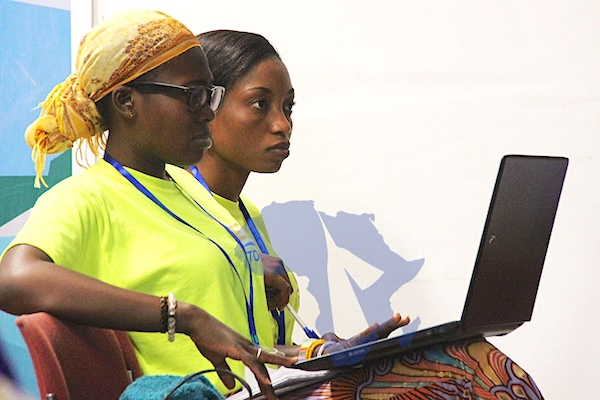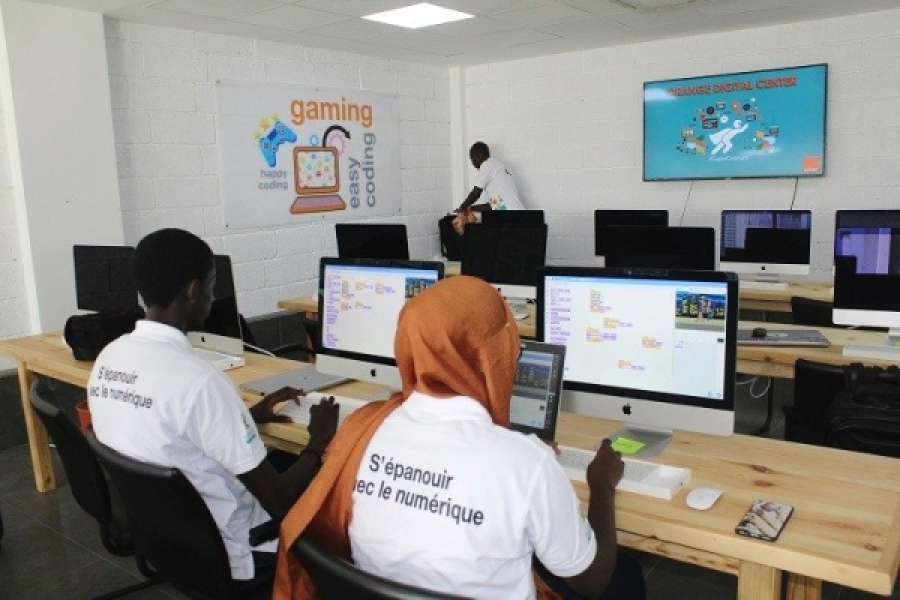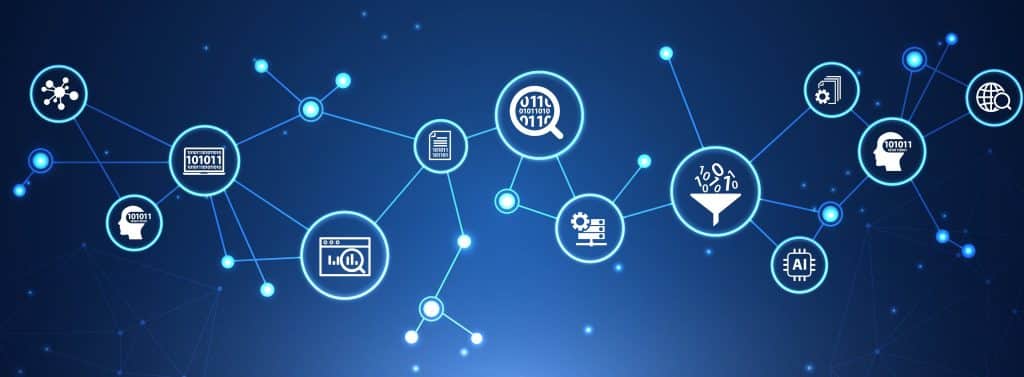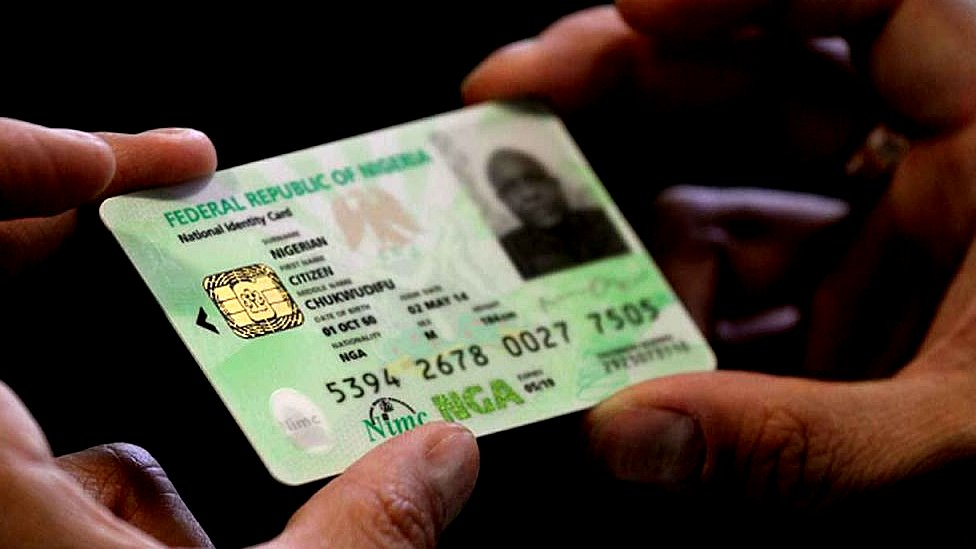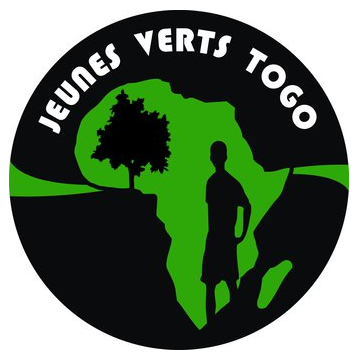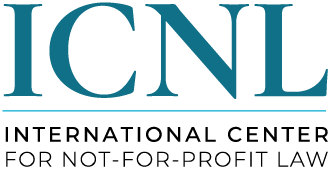Ebun-Olu Adegboruwa, a prominent activist and lawyer, has raised alarms about the actions of telecommunications firms in Nigeria, suggesting they may be collaborating with the government to restrict internet access as citizens gear up for protests against rising economic challenges.
Resources
Upcoming Events
Togo's Minister of Digital Economy and Digital Transformation launched the Nana Tech Program on Friday, aiming to equip young female entrepreneurs with the skills needed to thrive in the digital age.
The initiative will train participants in digital professions, enabling them to leverage new technologies to enhance their businesses and boost their performance.
Digital transformation is enabling multinational companies to operate without a physical presence in the countries where they do business. This poses a significant fiscal challenge for African economies. As a result, it is urgent to regulate the activities of these digitally-enabled multinational firms.
The commitment by Togo and Kazakhstan to support each other in the development of their digital public infrastructure (DPI) projects has seen a boost with the signing of three licensing agreements.
These agreements were signed recently in the Togolese capital Lome in the course of a working visit paid to the country by a delegation from Kazakhstan’s National Information Technologies agency (NITEC).
We, the undersigned human rights organisations and advocates for internet freedom and media freedom, strongly condemn the internet shutdown in Senegal. This measure was taken by the Ministry of Communication, Telecommunications, and Digital Economy on 4 February, citing the dissemination of hateful and subversive messages on social media in the context of threats and public disturbances.
At the two-day training, judges and their counterparts from the Bar interfaced to discuss the legal context, even though there was an intersection with lawyers from Paris who brought perspectives from Europe.
In today’s rapidly evolving digital age, the importance of establishing one’s identity has become increasingly recognized as a fundamental prerequisite for social, political, economic, and cultural participation.

